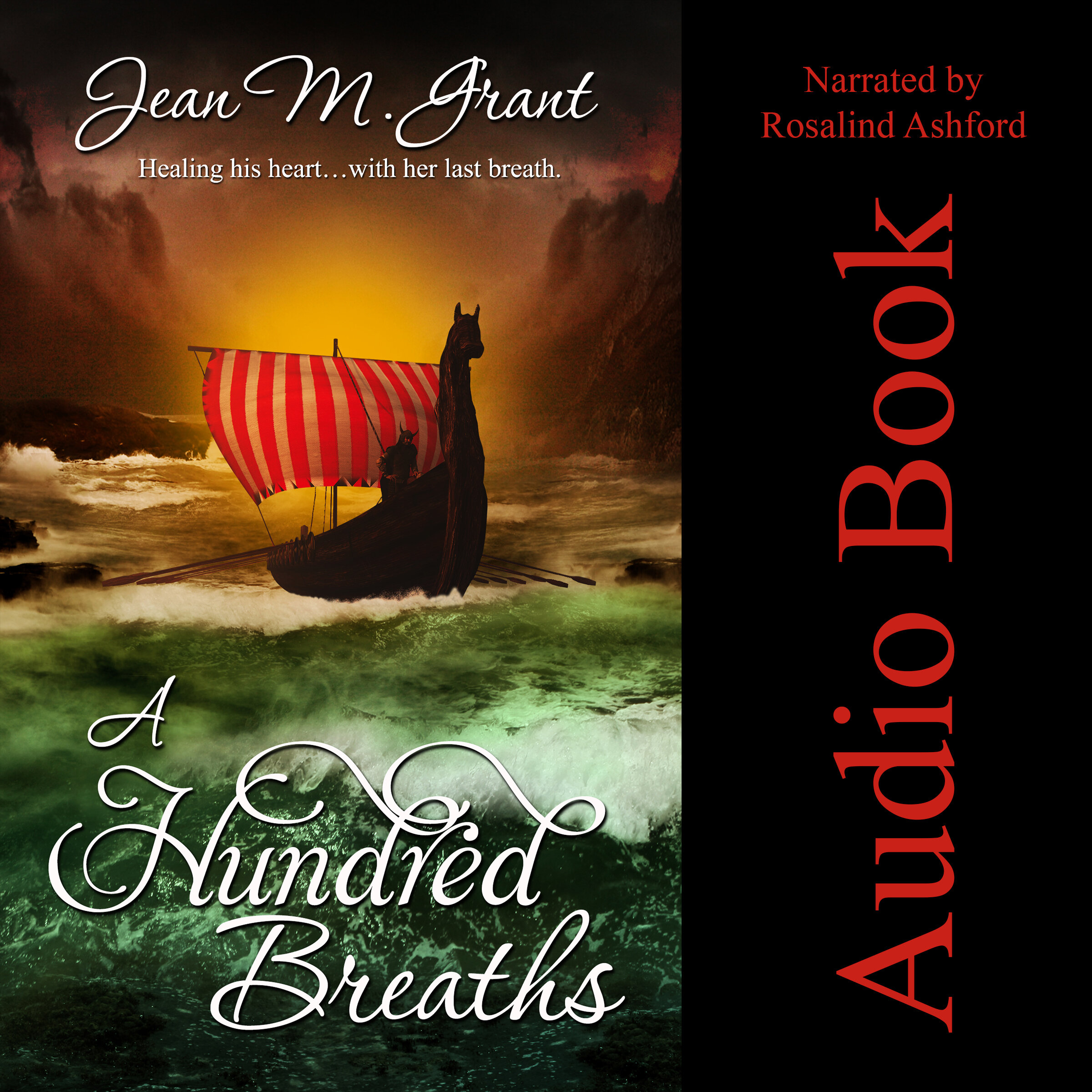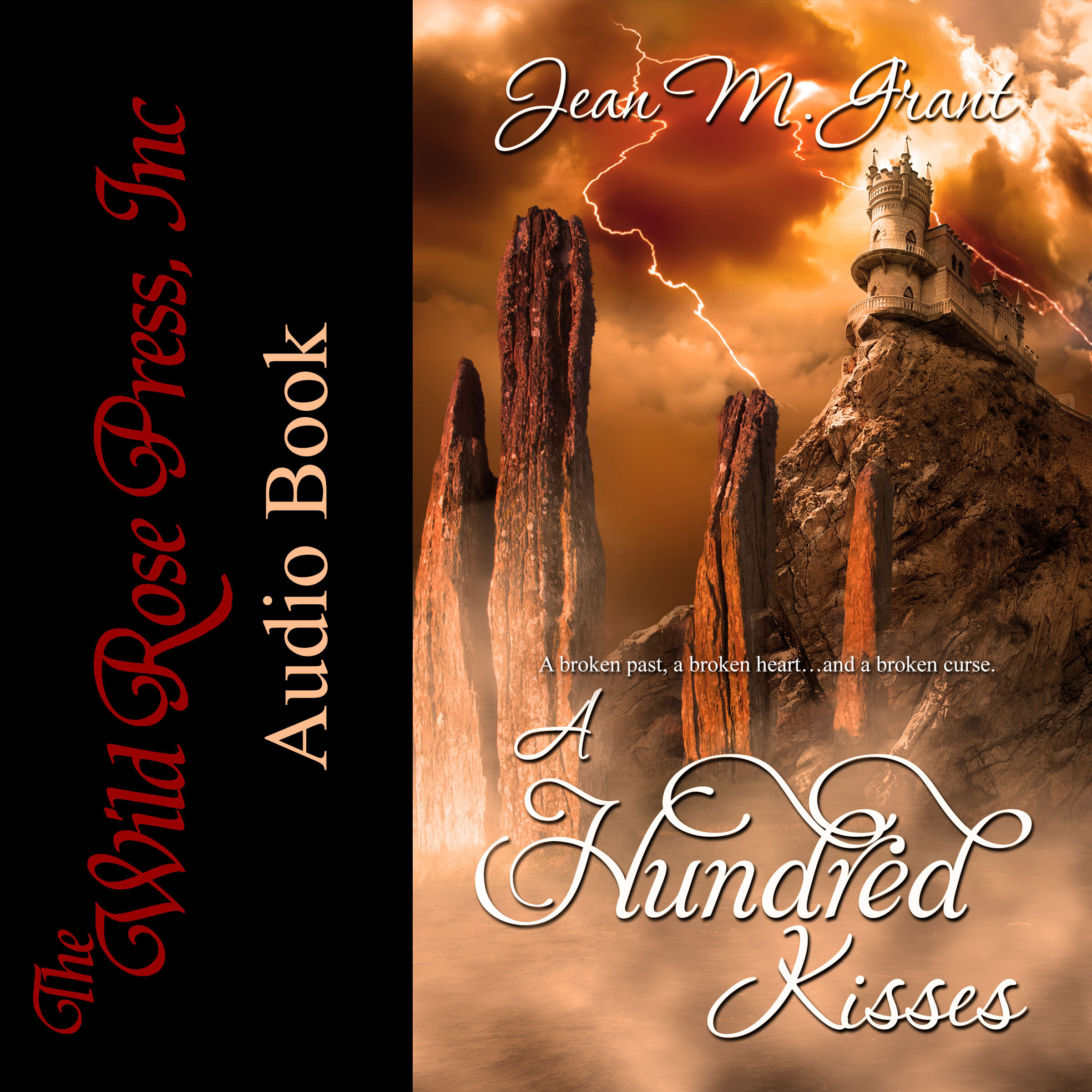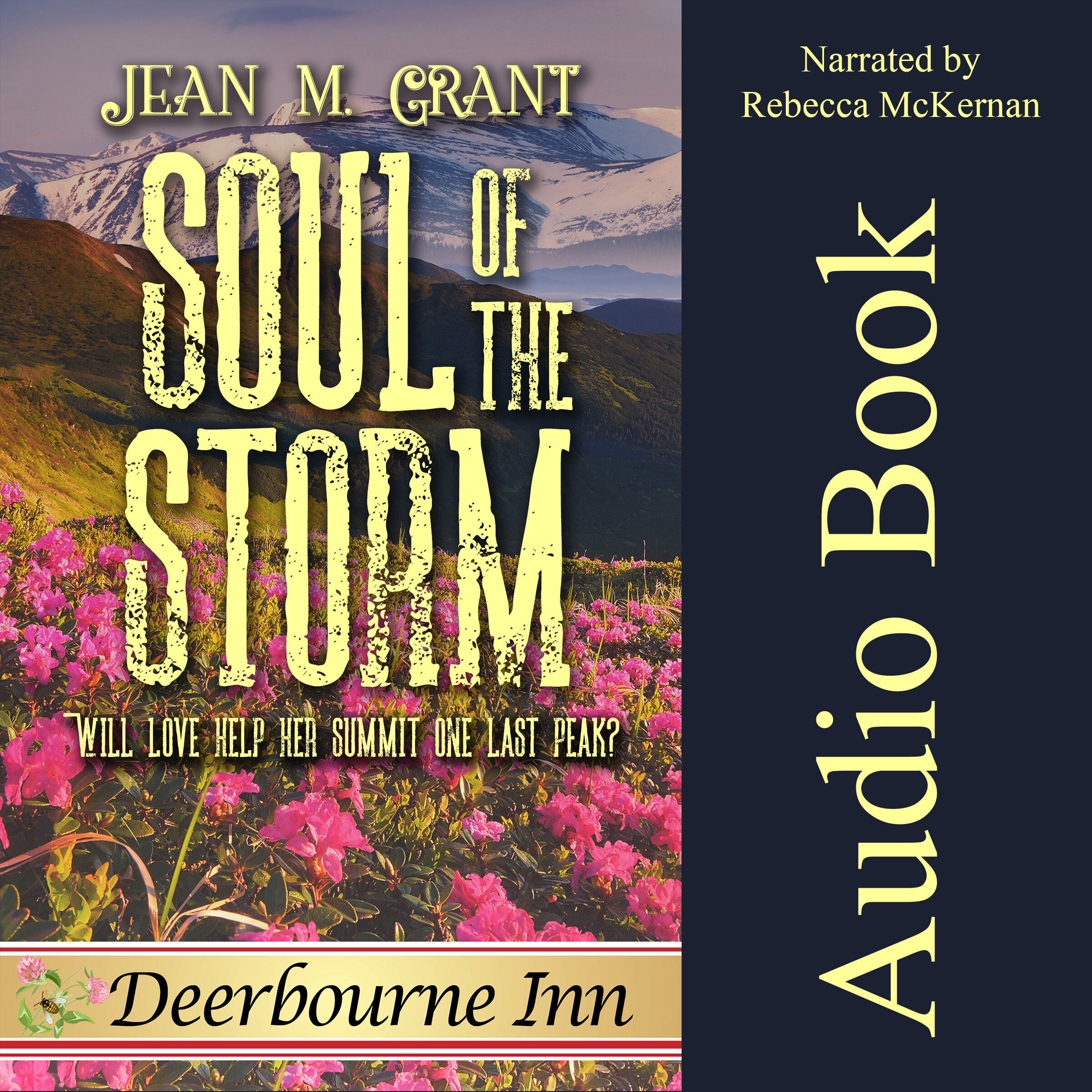A few years ago a friend suggested I listen to audio books. Like many, I was skeptical. Really? Listen to a book? Seeing as my life was in the throes of wrangling busy young children (and it still is…), I gave it a try. I had started and stopped reading The Fiery Cross (Diana Gabaldon’s 5th book in the Outlander series) countless times. Her books are long tomes and at the rate I was going, I would never finish the series…I did a lot of driving in my car, so why not?
Game changer!
Davina Porter’s narrating blew me away. I listened in the car on drives to work, on long stretches to stores, and during errands around town. Granted, once my youngest picked up on his name in the dialogue (one of the book characters has his name), I decided, okay, no listening with kiddos in the car! At least not those books (btw, Harry Potter as audio book is fabulous!). I flew through the rest of the Outlander series, then devoured a few of the novellas (so good, btw!). I now read across genres on audio.
Now audio books are my go-to.
As a writer, I do prefer holding a book in my hand. However, audio books save me time, whisk me off to a distant place, and help me actually get reading done. Authors spend so much time reading and writing their own words that the hobby of reading goes to the back-burner. Not with audio books! My least preferred method is e-book reading, but I do plenty of that, usually to read and review other authors’ books. So I dabble in all: print, audio, and e-book.
So if I’ve not yet won you over, how about a list of reasons to listen to audio books?
Multi-tasking! Driving, housework, whatever. Great to listen while doing other things. Fills those long commute times.
The art of narration. Most producers are voice artists trained to do this for a living. Some are mind-blowing.
Libraries carry them. Audible and iTunes are not the only places to dig up these lovelies. My first go-to for a book club I attend: check the library (thank goodness for inter-library loan!). I never feel bad about reading a library book. I support the author (it was a purchase to the library), write reviews, keep the library in business, and recommend the books. Future post idea: why I love libraries!
It can be (but not always) quicker than reading. I am a slower reader. Average novella length is 4-5 hours of listening. A typical 350-page book: ten hours. Granted, Outlander is way longer than that. Like 20 hours? Even so, bleary-eyed at night makes for slower chunks of reading for me at least. Before you ask, yes, non-fiction books are in audio book formats, too! The audio book industry is booming.
Gives your eyes a break! As an author, my eyes need breaks!
It can be BETTER than the print book. My historical novels can be a tough read for those not used to reading historical. I’ve had more than one person say they loved the audio-book…easier to understand and keep going. We run busy lives and are tired, and sometimes reading works our brains.
You learn interesting pronunciations and accents. I did mention the narrators/producers/voice actors are artists, right? Admission: I do thorough research for all my books. Dot the i’s, cross the t’s, then do it all again. However, I did NOT know that Caoimhe, an Irish/Gaelic name (a character in A Hundred Breaths), is pronounced “Kee-va.” My narrator for the book series is amazing and did her homework. I also provided her pronunciations of Gaelic words (thanks to my editor’s Gaelic-speaking mother), and she relied on a Norwegian friend for the Norse words for the current book she is producing, A Hundred Breaths. I just finished reading a book that had a host of accents: British, American, and Scandinavian. It was great.
More accessible. For those with reading challenges, audio books have opened doors!





